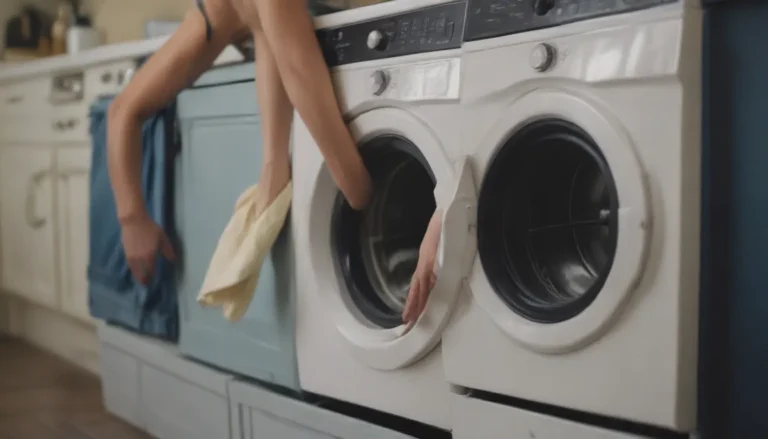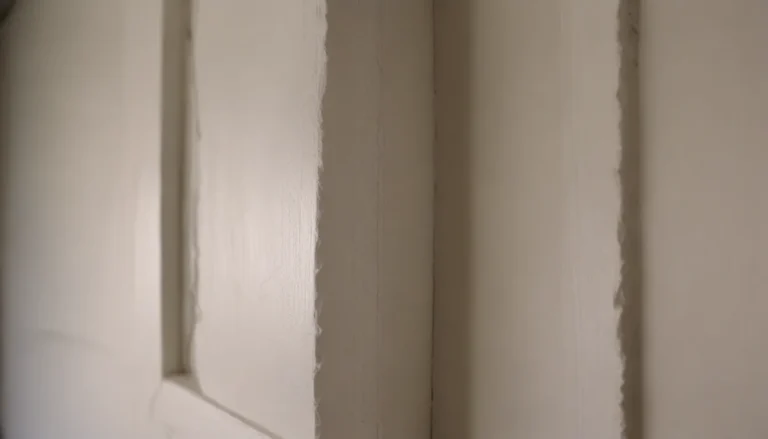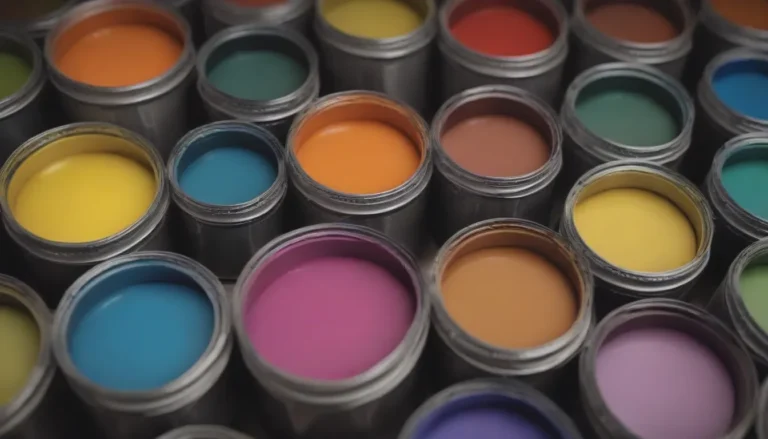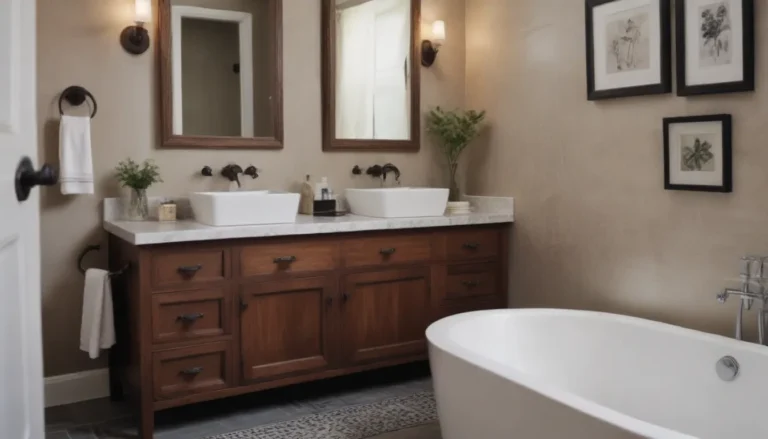Everything You Need to Know About Solid Surface Countertops
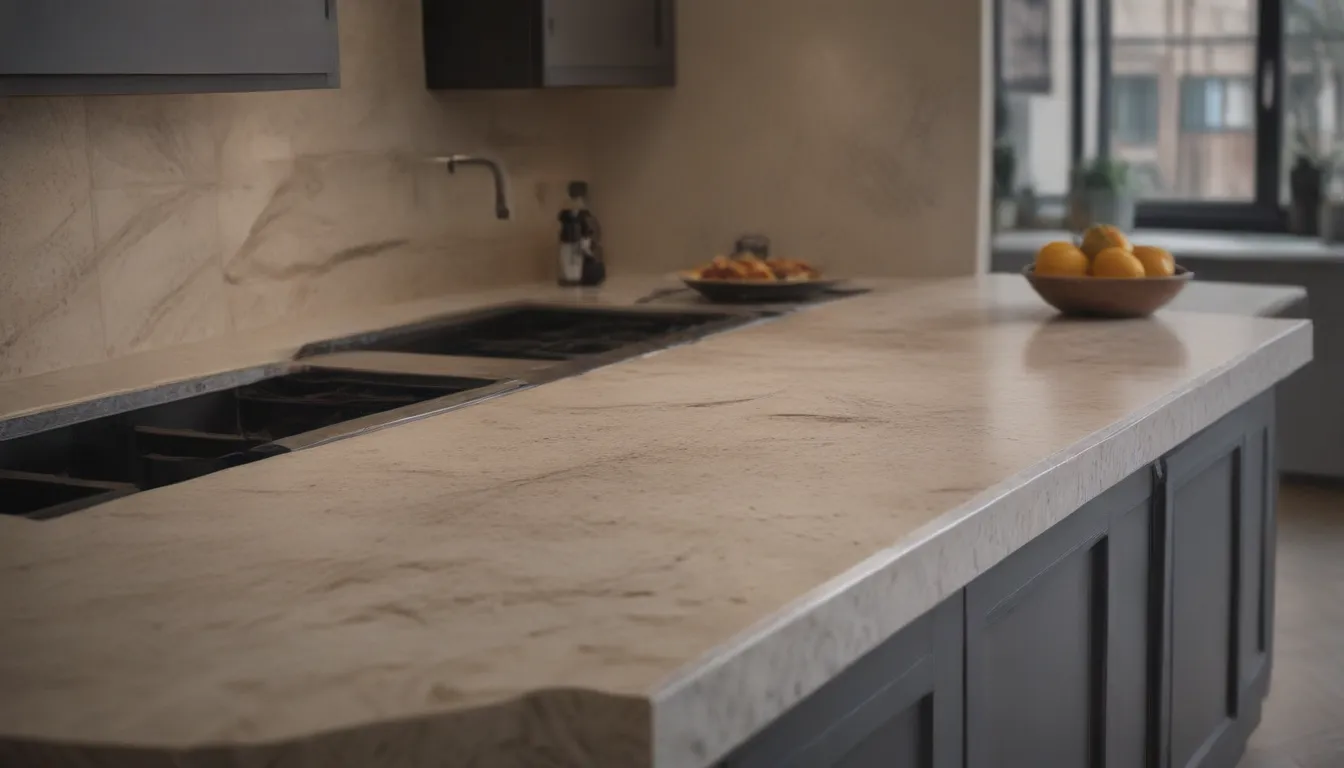
Solid surface countertops have been a popular choice for kitchens and bathrooms for years. If you’re considering investing in a solid surface countertop, there are a few key things you should know before making your purchase. From understanding what solid surface material is to comparing it to other countertop options, we’ll cover everything you need to know to make an informed decision.
What is Solid Surface?
Solid surface is a synthetic countertop material made from a combination of minerals and resins. It is a through-body material that is smooth and silky to the touch. Solid surface countertops can be buffed to achieve a matte or high-gloss finish. While solid surface lacks the depth of natural stone, it closely resembles stone more than laminate countertops. The “solid” in solid surface refers to its stable base structure, making it a durable and long-lasting option for your kitchen or bathroom.
Key features of solid surface countertops include:
– Nearly non-porous
– Homogeneous (through-body)
– Scratch-resistant (can be buffed out)
– Sensitive to high heat
– Difficult for DIY fabrication
The Composition of Solid Surface Material
Solid surface countertops typically consist of around 33% binding resins and 66% minerals, with aluminum trihydrate (ATH) being a common mineral used in its composition. The balance of resins and minerals gives solid surface its smooth consistency and durability. In comparison, quartz countertops are typically made up of 10% resins and the rest minerals, which can include a variety of materials such as marble and granite waste, as well as glass.
DuPont’s Corian was the original solid surface material, designed to mimic the look of natural stone while offering a non-porous surface. Unlike natural stone, which can have visible cracks and imperfections, solid surface countertops provide a consistent and uniform appearance throughout.
Acrylic vs. Polyester Solid Surface
There are two main types of solid surface materials: acrylic-based and polyester-based. Polyester solid surfaces are generally more affordable than acrylics and can offer vibrant colors. Acrylic solid surfaces are better suited for special fabrication work like thermoforming. Both acrylic and polyester solid surface materials are known for their homogeneity, making them ideal for high-traffic areas.
To illustrate the homogeneity of solid surface material, it can be likened to through-body porcelain tile, which is made of the same material throughout, providing durability and scratch-resistance.
Pros and Cons of Solid Surface Countertops
Pros
- Nearly non-porous
- Stone-like appearance
- Homogeneous structure
- Easy to repair scratches
Cons
- Soft material
- Susceptible to heat deformation
- Difficult for DIY fabrication
Solid surface countertops offer a range of benefits, including seamless joints, stain resistance, impact resistance, and minimal maintenance requirements. However, they are not heat- or chemical-resistant and can be scratched more easily than granite.
Solid Surface vs. Other Countertop Materials
When comparing solid surface countertops to other materials like stainless steel, wood, ceramic tile, and laminate, each has its own advantages and limitations. Solid surface provides a more affordable alternative to luxury materials like granite and marble while offering a durable and easy-to-maintain surface.
Wood countertops can be porous and difficult to clean, while ceramic tile can create challenges with grout lines. Laminate countertops, while budget-friendly, lack the depth and durability of solid surface materials.
Solid Surface Maintenance and Cost
Maintaining solid surface countertops is relatively simple, as scratches can be buffed out with an orbital sander. The cost of solid surface countertops ranges from $10 to $80 per square foot for the material, with installation costing between $50 to $140 per square foot. While solid surface countertops are not the cheapest option, they offer a midrange price point with a luxurious look.
Solid Surface Countertop Installation
Professional installation of solid surface countertops is recommended, as it requires specialized tools and expertise. However, some basic fabrication tasks can be completed by DIY enthusiasts, such as cutting straight lines or creating sink cut-outs. It’s important to note that joining solid surface slabs end-to-end can be challenging and is best left to professionals.
When selecting a solid surface countertop, there are various brands to choose from, including Corian and other popular options. Consider factors such as price, durability, heat resistance, ease of cleaning, maintenance requirements, and aesthetics when choosing the right countertop for your space.
In conclusion, solid surface countertops offer a durable and stylish option for homeowners seeking a balance of affordability and quality. While they may not be as heat-resistant as granite or as scratch-resistant as quartz, solid surface countertops provide a versatile and low-maintenance surface that is easy to repair and maintain. Whether you’re renovating your kitchen or bathroom, solid surface countertops are a timeless choice that can elevate the look and functionality of your space.

